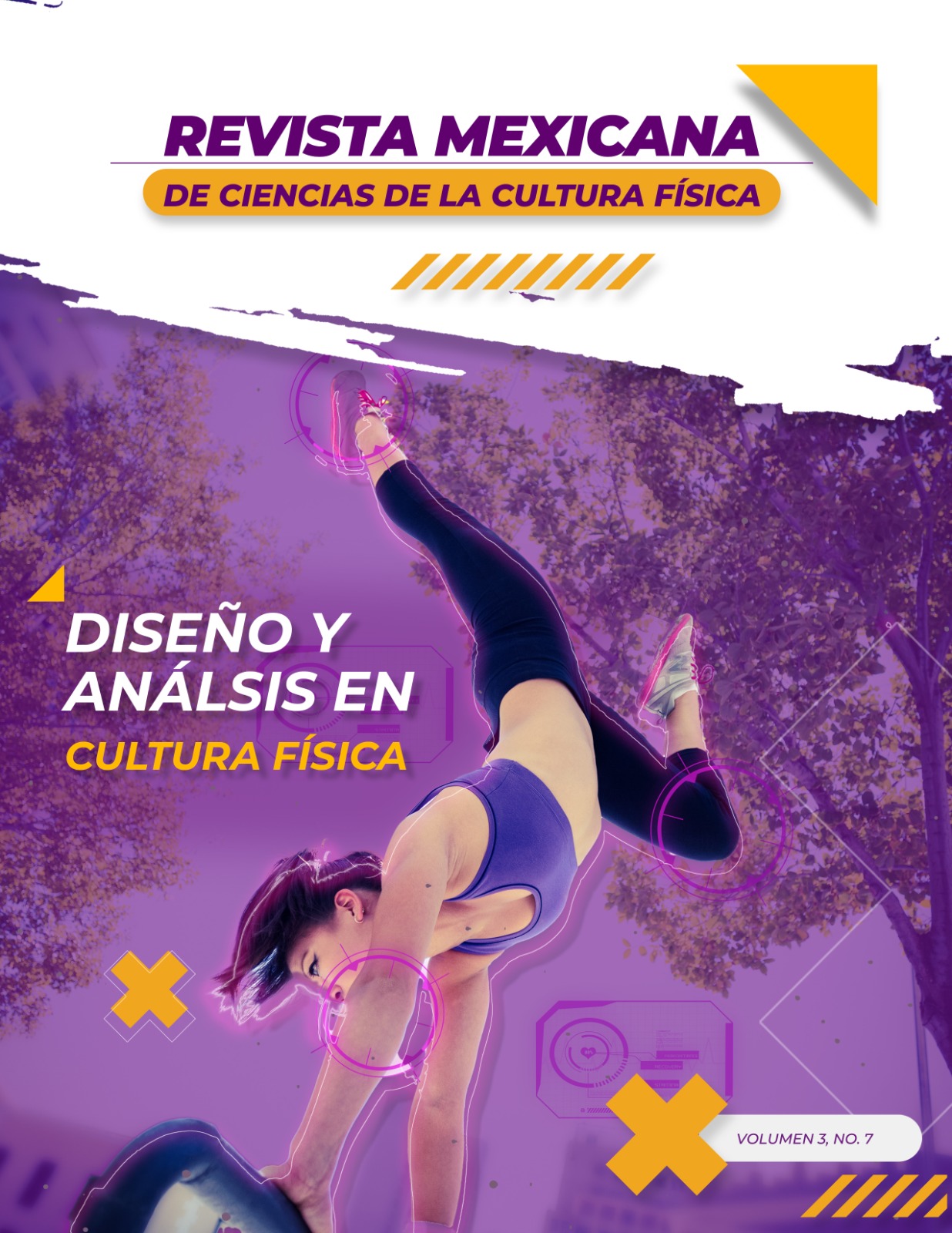Construcción de políticas públicas para el bienestar laboral como contribución social a través de la movilidad urbana
Abstract
Introduction. Workers who cycle to work or work consider that the conditions and safety measures of mobility in the city could be modified. This research based on the context of sports management and management. Objective. Promote public policies of labor welfare in urban mobility. Methodology. A cross-sectional descriptive study was performed through an intentional non-probabilistic sample, composed of 160 workers, participants from the Valle de Toluca Metropolitan Area, Mexico. To collect the information, a questionnaire was used structured in six dimensions: socio-demographic profile, employment, means of transport, degree of physical activity, road safety, personal safety; with 24 multiple choice questions. Results. Of the participants included, 18. 8% were traders, trade employees and sales agents and 8.8% were helpers, labourers and similar in the artisanal or industrial process, the rest have diverse occupations in smaller percentages. Discussions. The conceptual basis is based on public policies that orient social behavior to modify a situation perceived as unsatisfied. Conclusions. Therefore, the management of public policies of urban mobility by bicycle is a challenge faced by organizations in the face of urban problems presented by cities of the 21st century.
Copyright (c) 2024 Edwin Román Albarrán Jardón, Manuel Gutierrez Romero, Saúl Urcid Velarde

This work is licensed under a Creative Commons Attribution-NonCommercial 4.0 International License.









